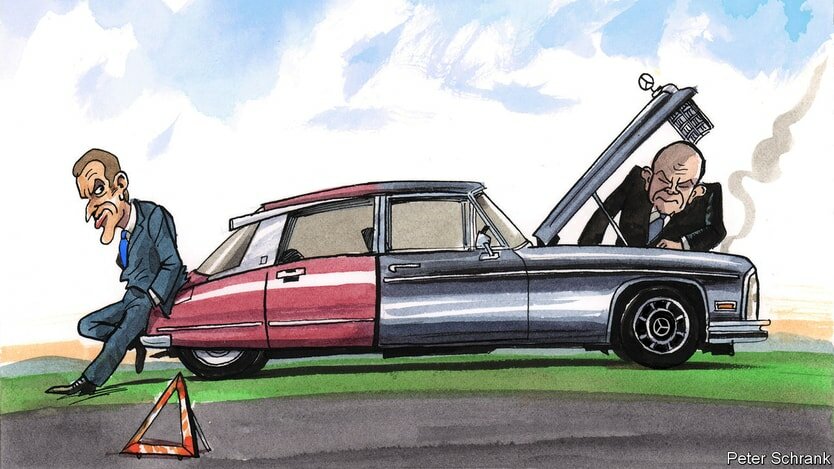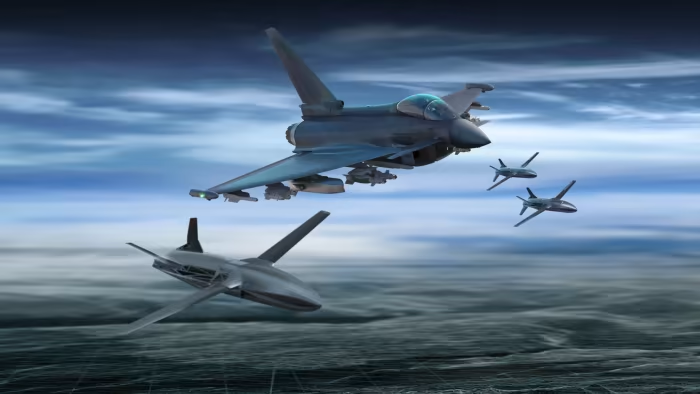France and Germany are ready to move to the next phase of their flagship fighter jet project, rekindling Europe’s largest weapons programme and removing a key irritant in their bilateral relationship.
The two countries and two of the main companies involved, Airbus and Dassault Aviation, are close to formally advancing to a crucial stage of the Future Combat Air System project, during which the demonstrator jet will be built, according to people familiar with the matter. A deal could be reached in the coming days, said two of the people, who spoke under condition of anonymity because there are still outstanding issues.
About €3.8bn had been earmarked for this next phase — dubbed “Phase 1b” — and a deadline set for the end of last year. But talks stalled after disagreements over intellectual property sharing between the companies, how work would be divided, and over the jet’s specifications.
Further complicating matters were recent tensions between France and Germany, which burst into the open in October when a joint meeting of the French and German cabinets was postponed.
The two countries have found themselves at odds over everything from a proposal for an EU-wide cap on the price of gas to gas pipelines and emergency aid programmes for people and companies hit by the energy crisis.
Speaking in Berlin on Monday as head of Germany’s aerospace association, Mike Schoellhorn, chief of Airbus defence and space, signalled the next phase of FCAS was on a surer footing. “France and Germany are each convinced of the importance of FCAS,” he said. “There is no alternative, it must work.”
[snip]







